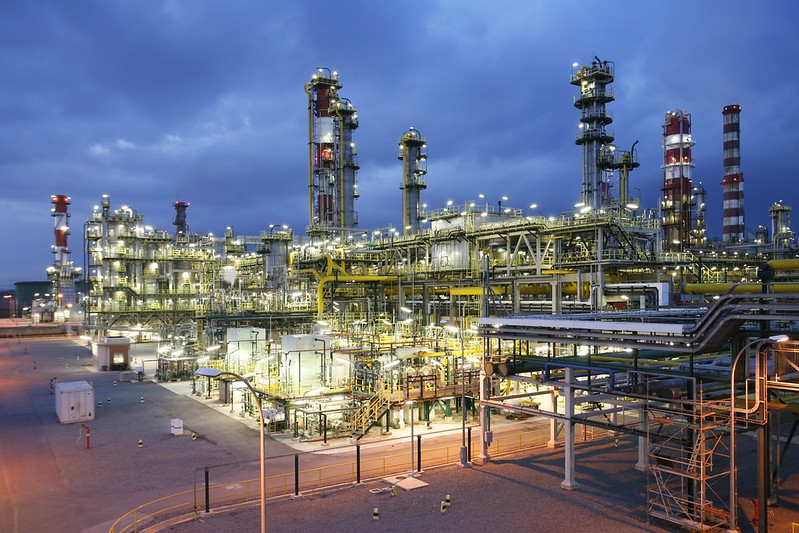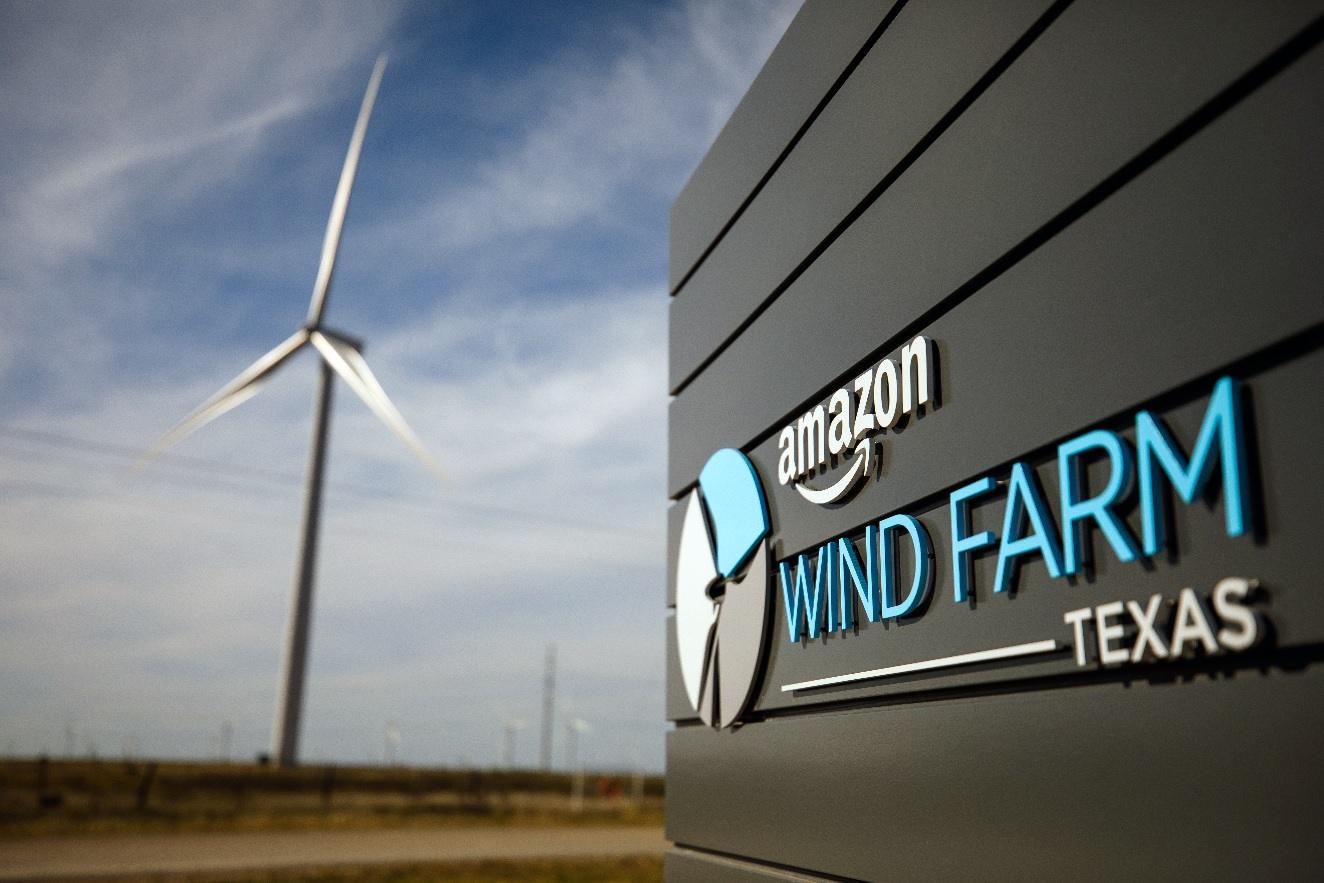Repsol Announces Dual Decarbonization Projects
Spanish energy company Repsol announced today the launch of two industrial decarbonization projects. The projects will involve participation by Spanish and international partners, with initial investments of approximately €80 million.
Repsol is amongst a class of large energy companies, with roots in oil and gas production, looking to forge a new path as the world transitions to a low carbon future. Repsol announced the new projects as part of its efforts to lead the energy transition, and in line with company’s efforts towards achieving its target of net zero emissions by 2050.
For the first project, Repsol will partner with Petronor, one of Spain’s principal industrial centres, and the Energy Agency of the Basque Government (EVE), a public-sector leader in the energy transition. With an initial investment of €60 million, the project involves building one of the largest net zero emissions synthetic fuel production plants in the world, based on green hydrogen generated with renewable energy. These new fuels will be produced using only water and CO2 as raw materials, and can be used in the combustion engines that currently installed in automobiles, as well as in airplanes, trucks, and other machinery.
The new facility will be operational within four years, and is expected to represent a significant step forward in the production of net zero emission fuels, through its use of CO2 captured in the nearby Petronor facility and green hydrogen, which uses an electrolysis process to extract hydrogen from water, using a renewable source of energy such as wind or solar, with only oxygen released as a byproduct.
The second project announced today by Repsol is a plant for the generation of gas from urban waste. Led by Petronor, the project’s initial investment will be €20 million. The gas produced in the plant will act as a replacement for some of the traditional fuels used by the Basque refinery, one of the largest in Spain. The plant will initially be able to process 10,000 tons of urban waste annually, with the potential to scale up to as much as 100,000 tons, equivalent to all the urban waste produced in the surrounding area.
Commenting on the new projects, and the company’s decarbonization efforts, Repsol CEO Josu Jon Imaz said:
“These projects highlight the importance of maintaining technological neutrality in the search for the alternatives necessary for decarbonization, taking into account all possible technological solutions for achieving success in the fight against climate change, without prejudices, committing to those that contribute to reaching our goals in the most efficient and sustainable way possible and supporting our industry.
“Spain must base its decarbonization strategy on its technological and industrial capabilities. The production of green hydrogen in combination with the capture and use of CO2 to produce net zero emission fuels is part of the industrial decarbonization strategy of Repsol. With this project, the Spanish industry is positioning itself to become a leading European player in reducing emissions.”
Imaz added, “all forms of decarbonization are valid and complementary, and incentivizing them so that all of them can contribute, without exception, will accelerate the progress of the energy transition while also helping us, as a society, to emerge from the crisis caused by COVID-19 as rapidly as possible.”
Emiliano López Atxurra, Chairman of Petronor, said:
“The project unifies three important characteristics in the current situation: a commitment to reduce the carbon footprint and the technological neutrality as a lever; the challenges that the industry and technology are facing in relation to the energy transition; and public-private partnerships as a smart tool to realize an industrial development that will help us consolidate a sustainable welfare society.”





